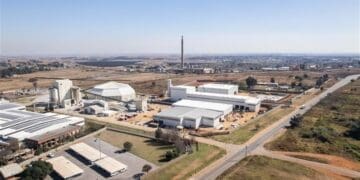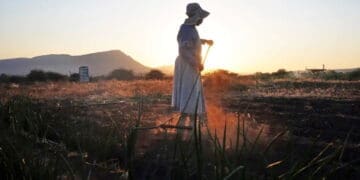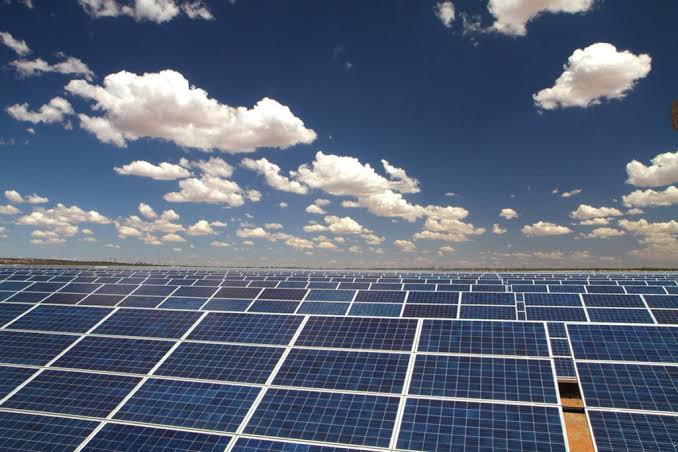Power supplier Mulilo Renewable Energy has quietly risen to the top, proving there is a market to supply energy in South Africa beyond Eskom.
One of its flagship wins, the Du Pleases Dam Solar PV2 project, which is a 105 MW plant near De Aar in Northern Cape, reached financial close in March this year.
It is among the first solar projects in South Africa to bypass Eskom and trade electricity through a private aggregator.
Founded in 2008, Mulilo started with small solar projects and today manages 420 MW of operational capacity, 667 MW under construction, and is preparing to close on 1 500 MW in new projects.
Backed by Copenhagen Infrastructure Partners since early 2024, Mulilo now aims to deliver over 5 GW of clean energy by 2028.
“It’s a new era of energy trading and innovation,” said Mulilo CEO Jan Fourie.
“We are building a more dynamic and efficient market that ultimately benefits both businesses and households,” he said.
Beyond generation, battery storage is becoming a key part of the company’s portfolio.
Under the Department of Mineral Resources’ Battery Energy Storage Independent Power Producers Procurement Programme, Mulilo secured five battery projects representing an investment of R9.5 billion.
“Battery storage enhances grid stability, reduces load-shedding and improves cost efficiency,” Fourie said.
Analysts say Mulilo is an example of South Africa’s energy market finally maturing.
Vusi Mpofu, who is a senior analyst at Nedbank, described the lifting of generation caps and the rise of private power purchase agreements (PPA) as “a revolution”.
“This is the clearest example of that shift,” he said.
Energy expert Chris Yelland said IPPs like Mulilo signalled that “we are heading in the right direction”.
The company’s track record includes large-scale projects such as the Prieska–Total solar farm (86 MW) and the De Aar wind farm (144 MW), both operational since 2016.
In November last year, it announced a major PPA – 260 MW of wind and solar project to supply blue-chip clients Sasol and Air Liquide.
But Mulilo’s mission is also about transformation.
Its battery energy round three bids include 40% Black ownership, R3.7 billion in local procurement, 852 job years created and R184 million allocated for skills and enterprise development.
“Our target of five to six gigawatts isn’t just about power,” said Jan Oberholzer, who is the former Eskom COO and chairman of Mulilo.
“It’s about delivering energy that transforms communities and supports the national grid.”
For many SMEs operating near Mulilo’s sites, that transformation is already being felt. With a more consistent energy supply, small businesses report fewer disruptions and better productivity.
A Reuters report estimates South Africa needs R390 billion in new transmission investment over the next decade — a need Eskom alone cannot meet.
However, Mulilo is contributing to this buildout through its Kestrel Main Transmission Substation and other private grid investments.
In combining utility-scale renewables, large-scale storage, private trading and socioeconomic upliftment, Mulilo says it is not just generating powerm, it is shifting power and broadening the energy market for other businesses.
Fortunately, Mulilo is contributing to this buildout through its Kestrel Main Transmission Substation and other private grid investments.
In combining utility-scale renewables, large-scale storage, private trading, and socioeconomic upliftment, Mulilo is not just generating power — it’s shifting power and broadening the energy market for other businesses alike.































































